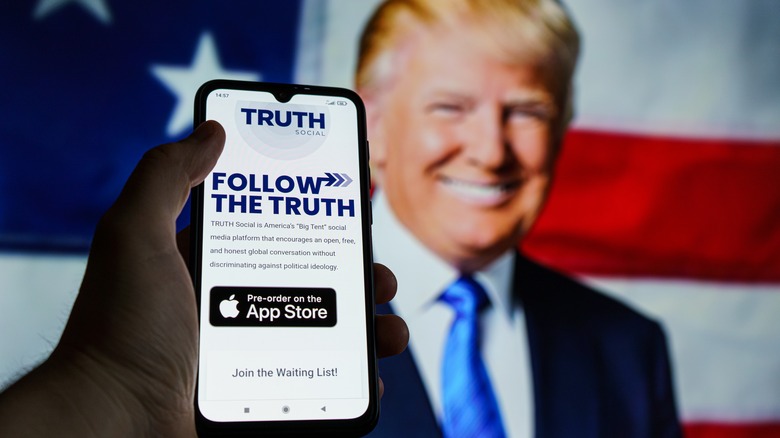How Trump's War On Twitter Affects Social Media
The Trump administration have released an executive order to hold Twitter and social media platforms responsible for posts found on their sites. The executive order gives more power to federal regulators to argue that social media companies are violating free speech rights when they censor posts or limit user privileges.
The White House wrote on Thursday: "When large, powerful social media companies censor opinions with which they disagree, they exercise a dangerous power. They cease functioning as passive bulletin boards, and ought to be viewed and treated as content creators."
The move comes after Twitter censored two of the president's tweets, with false claims about voting by mail. Twitter added a label, advising readers to check the facts. They also censored the president's Tweet about the Minnesota protests, due to concerns that his statement, "when the looting starts, the shooting stars" could incite violence.
Social media today
The president is going after Section 230 of the Communications Decency Act, a statute laid in 1996 that laid the groundwork for the modern digital age. It gives social media companies almost all-authority to moderate content on their platforms without penalty.
To a large extent, Section 230 is the reason we can post freely on the internet, as tech companies are not liable for posts users put on their sites. As the White House said, they are like bulletin boards, distributors of the content but not publishers. Most tech companies only step in to regulate extreme content, like violence or nudity.
If the order is passed, Facebook, Twitter and other companies may lose their Section 230 protection if they limit user freedom of speech or deviate from the terms of service without a fair hearing. The White House wrote that these companies hold unprecedented power to shape the interpretation of public events, to control what people see and do not see. Selective censorship would harm national discourse and reflect political bias. It wrote: "Such debate is just as important online as it is in our universities, our town halls, and our homes. It is essential to sustaining our democracy."
Publisher or distributor?
Section 230 says: "No provider or user of an interactive computer service shall be treated as the publisher or speaker of any information provided by another information content provider."
But over the years, social media companies have shifted from being mere notice boards for the public and taken action to curb misinformation. Elections and the coronavirus pandemic have added dilemmas between freedom of expression and responsible publishing. False information can spread rapidly, with dire economic effects or even the loss of lives, while comments by people in power hold news value and ought to be analyzed by the public eye. It has been a tricky balance for companies.
For the most part, it makes sense that the content creators alone are held responsible if their posts are problematic. But on the other hand, social media companies profit from viral posts for advertising revenue, suggesting they hold a stake in the content published. Trump's war on social media also shows that as much companies holds itself to be neutral, there are times where this claim can be deceptive and wants to hold companies accountable.
How social media would change
If the Trump administration has its way, the future of social media could look more restrictive as companies themselves could be liable for false or defamatory posts that are not dealt with. Without the shield of Section 230 they presumably would have to be more aggressive in regulating content on the site – even the president's posts.
But that future is almost certain to face a steep resistance in court. Commissioner Jessica Rosenworcel of the Federal Communications Commission (FCC) said the order would turn the FCC into the president's speech police, which would not be the answer. The New York Times reported legal experts predicted such a move would be challenged and most likely struck down by the courts.
Meanwhile Commissioner Brendan Carr took opposing sides and said: "I think given what we've seen over the last few weeks, it makes sense to let the public weigh-in and say 'is that really what Congress meant' when they passed and provided those special protections."
